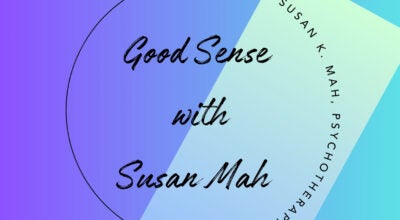Feminism is about empowering both men and women
Published 9:49 am Wednesday, August 23, 2017
By Jamie Harker
It’s hard for me to recognize the feminists I know in Valerie Habeeb’s dismissal of feminists as dependent, dour victims. Of course, I have heard these stereotypes all my life.
The media depicted first and second wave feminists—those Mrs. Habeeb now deems acceptable feminists—in exactly the same way. When I was a student at Brigham Young University, I heard constantly that feminists were bitter, ugly, and rejecting their God-ordained role as subordinate help-meets.
But the feminists I knew at BYU in the 1980s and early 1990s were courageous, irreverent, brilliant, and very funny. They insisted on their right to life, liberty, and the pursuit of happiness, and refused to let their gender prevent them from chasing their dreams.
It was from feminist teachers that I learned about women writers never taught in my traditional literature courses; about activists who overcame immense odds to fight for rights that we all take for granted today; about women who were artists, scientists, politicians, and so much more. Feminism gave me choices that my Mormon culture did not.
Feminism has always been about choices—about empowering both men and women to claim the full range of their humanity, and about eliminating the obstacles that impede those choices.
Gender studies is the interdisciplinary study of how different cultures understand, and sometimes enforce, their notions of proper gender roles. It doesn’t take long to discover that our own culture’s understanding of gender is but one of many approaches and that even American culture has had dramatically different understandings of correct gender roles. It wasn’t so long ago that women were deemed unfit for higher education because the flow of blood to the brain (and away from the uterus) would make them infertile.
A similar argument was made against women’s participation in sports. Understanding gender through the lenses of biology, history, sociology, the arts, anthropology, and so much more gives students a sense of the diverse and inventive ways societies imagine gender, and checks our tendency to assume that our own inherited gender roles are the only appropriate ones.
I am proud to direct the gender studies program at the University of Mississippi, where we engage in vigorous discussion and debate and learn to question everything. I would love for Mrs. Habeeb to meet our students, who are far too independent and intelligent to be indoctrinated by anyone. And to have lunch with the diverse group of joyful, hilarious, and engaged feminists, men and women, who live in our community.
Mostly, though, I invite Mrs. Habeeb to broaden her view of feminism, which has always included diverse voices.
We feminists will continue to work toward a more perfect union, one that we hope will benefit her daughter, just as first and second wave feminism benefited Mrs. Habeeb.
Jamie Harker is a professor of English and Director of the Sarah Isom Center for Women and Gender Studies.





